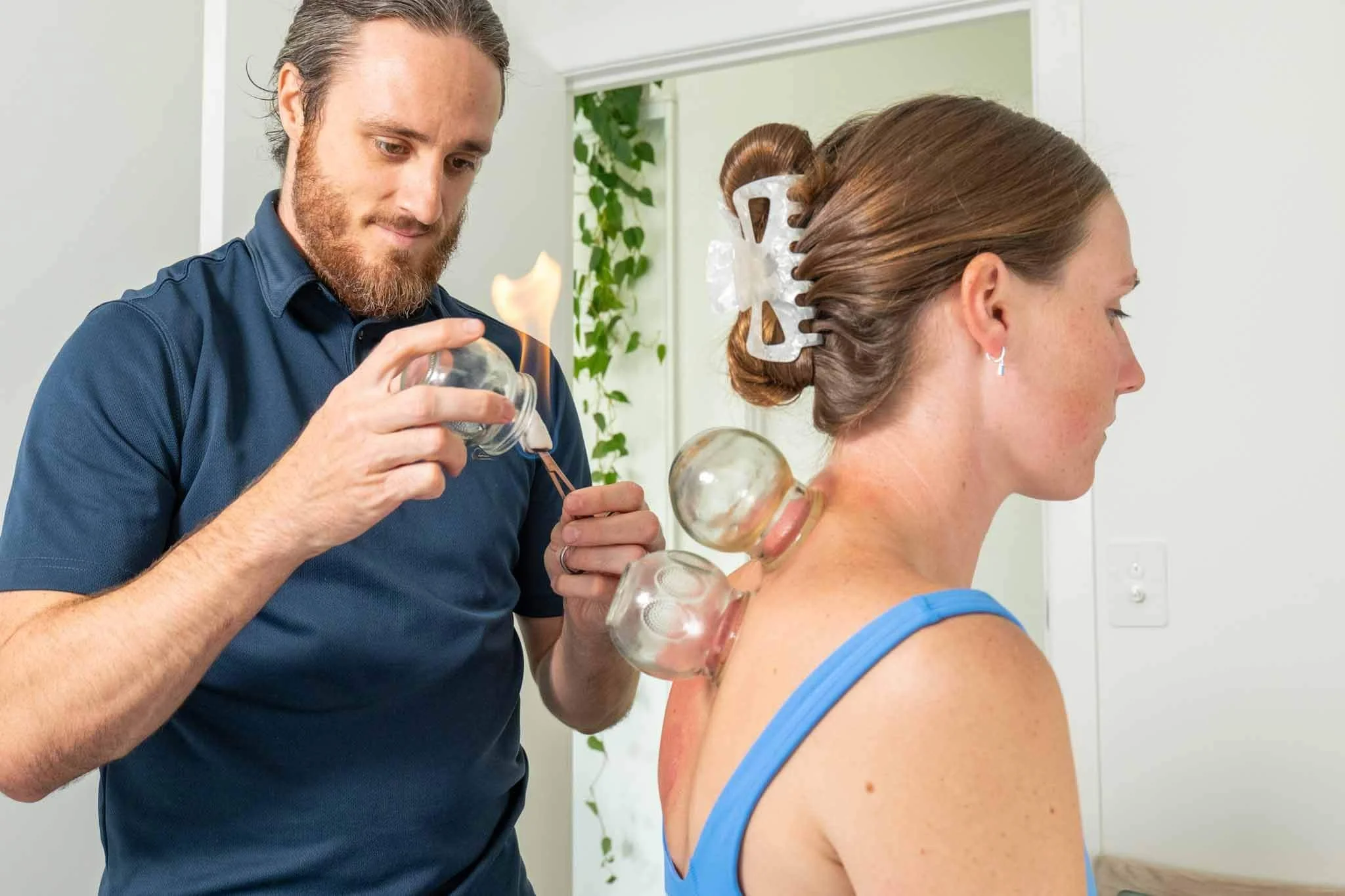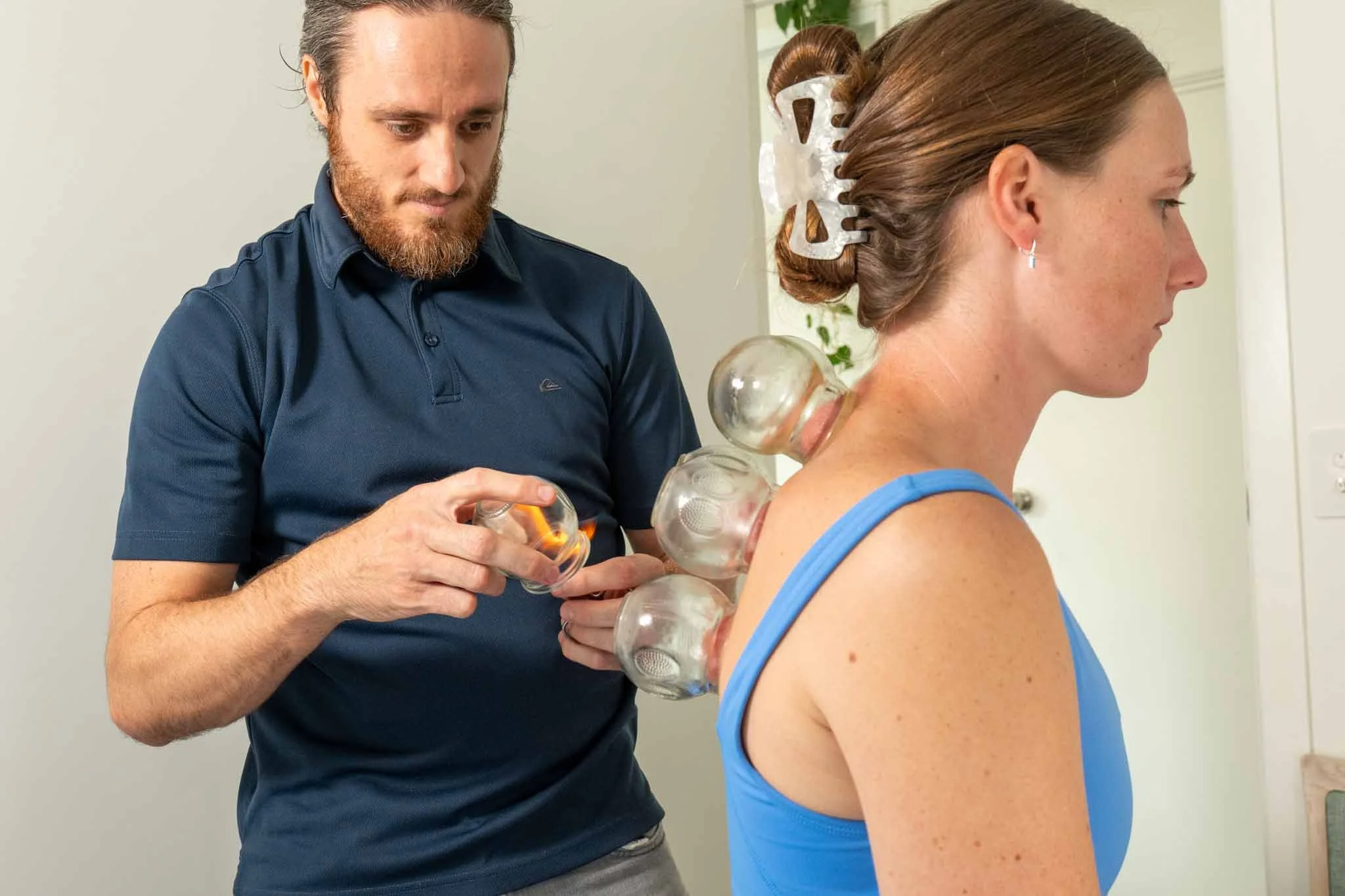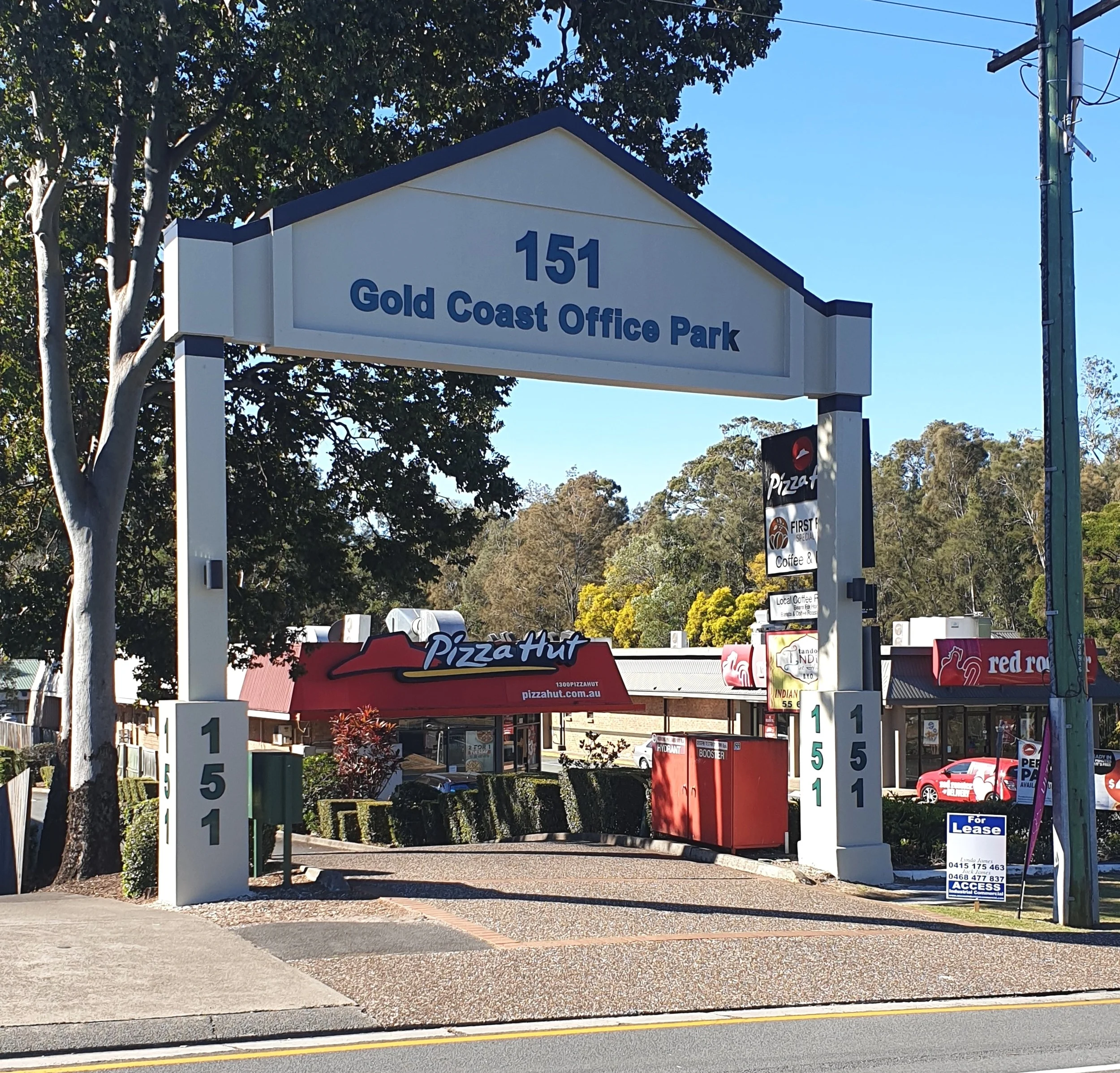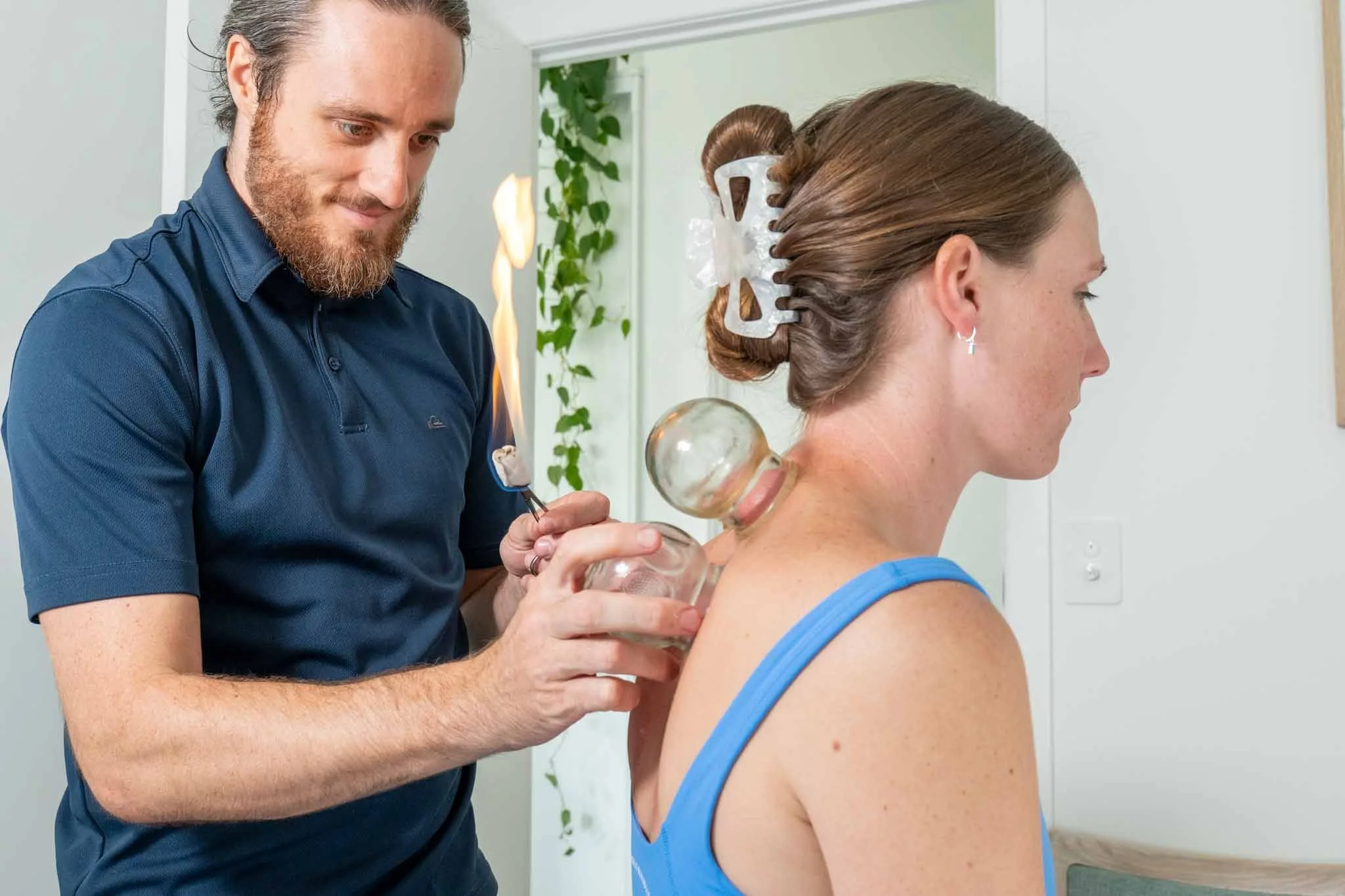Discover Cupping Therapy Gold Coast
Cupping therapy is a perfect solution for muscle pain and stiffness with sessions from just $71.25* conditions apply.
60+ Google Reviews
Don’t let sore, tight muscles keep you from doing what you love.
Whether it's maintaining an active lifestyle, achieving a fitness goal, or performing in your chosen sport, ongoing pain and stiffness can hold you back from feeling your best.
Cupping has been practiced for thousands of years in traditional medicine systems to improve circulation, relieve stagnation, and support the body’s natural healing.
Today, many athletes use cupping to ease muscle tension, recover faster after training, and stay mobile and resilient under pressure.
Modern research supports cupping’s ability to increase blood flow, reduce inflammation, and calm the nervous system — key ingredients for relieving muscle pain and stiffness.
How Cupping Therapy Works…
-
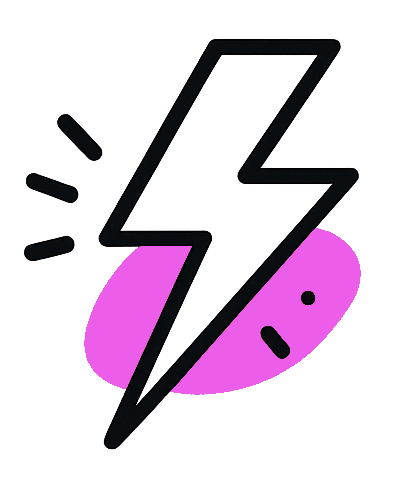
Relieves Pain
Cupping stimulates sensory nerves in the skin and deeper tissues, helping regulate incoming danger signals, engage the body’s natural pain-relieving pathways, and calm an overactive nervous system.
-
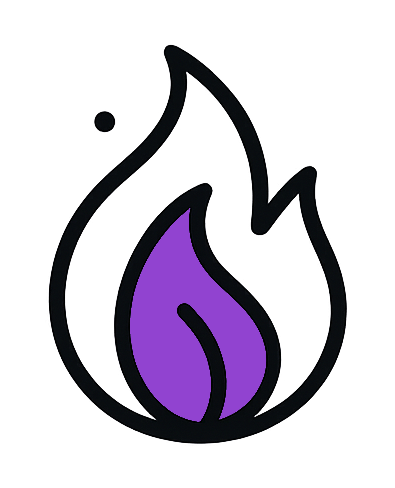
Calms Inflammation
The mild bruising caused by cupping activates immune cells that break down local blood components and release anti-inflammatory molecules, helping shift the tissue environment from irritation toward resolution and repair.
-

Boosts Blood Flow
Cupping creates suction that gently stretches the skin and underlying tissues, increasing blood flow and activating a local repair response that helps deliver oxygen, nutrients, and immune cells to areas of dysfunction or congestion.
Meet Your Cupping therapy Gold Coast Expert
With over 15 years of clinical experience, Adam offers a skilled and thoughtful approach to cupping therapy. His background in acupuncture Gold Coast, manual therapy, and sports rehabilitation gives him a deep understanding of muscle pain, tightness, and recovery.
Adam also knows what it’s like to deal with physical setbacks—his own journey through sports injuries has shaped his practical, results-focused style. By combining cupping with acupuncture and soft tissue techniques, he helps you release tension, relieve discomfort, and get back to the activities you love with more freedom and less pain.
Qualifications You Can Trust
Bachelor of Health Science (Acupuncture) – Endeavour College of Natural Health 2010
Registered Acupuncturist
Member of the Australian Acupuncture & Chinese Medicine Association (AACMA)
Former lecturer and clinical supervisor at Endeavour College of Natural Health
Advanced training in Traditional Japanese Acupuncture in Australia and Japan
With over 60+ five-star Google reviews and 15+ years of experience, many happy patients recommend us for cupping therapy Gold Coast.
What Clients Say About Adam & Traditional Acupuncture Clinic Gold Coast
-

Adam at Traditional Acupuncture Clinic is absolutely amazing! He genuinely cares and tries his best to provide a very high standard of service… Adam is a real professional, passionate about his work and helping people! Absolutely recommend!
-

Adam is a wonderful source of knowledge combining western sensibilities with Chinese traditional arts in a seamless blend… I highly recommend.
-

Adam is very knowledgeable and professional and I highly recommend his clinic. He takes the time to know his clients… I have sent family and friends to the clinic and all extremely happy with the level of service & expertise he brings to the clinic.
Frequently Asked Questions
-
Cupping therapy has been used for thousands of years across Chinese medicine and other traditional systems. Modern research increasingly supports its benefits — especially for pain relief and musculoskeletal conditions. Studies suggest that cupping can help reduce chronic neck and back pain, ease muscle soreness, relieve shoulder tension, and improve symptoms of knee osteoarthritis. These are the areas with the strongest evidence so far, and many patients report feeling looser, lighter, and more comfortable after treatment.
Cupping therapy has also being explored for a wider range of issues — including headaches, migraines, hypertension, digestive complaints, and even immune support — but the research in these areas is still limited or emerging. While some people find relief, results can vary and more high-quality studies are needed to fully understand its effects.
At our cupping therapy Gold Coast clinic, we focus on using this technique where it’s most effective: to ease muscle tension, supporting tissue repair, and helping you move and feel better with less discomfort.
-
Cupping and massage are both popular soft tissue treatments used to relieve muscle tightness and boost blood flow, but they work differently. Massage therapy uses pressure to compress muscles and move tissue, while cupping uses suction to lift and gently decompress skin and fascia. Some people respond better to one technique than the other, and in many cases, combining cupping with remedial massage or deep tissue work can be especially effective.
While comparative research is still limited, current studies suggest that both therapies offer similar levels of pain relief. At our cupping therapy Gold Coast clinic, we often recommend a blended approach tailored to your specific needs.
-
Cupping marks are a natural result of the suction technique used during therapy. These circular discolourations are not bruises in the typical sense—they form when cups draw fluid and blood toward the surface of the skin, improving circulation and decompressing the tissue. The colour can vary based on the strength of suction, how long the cups are left on, and the sensitivity of the underlying muscle or fascia.
Some claim these marks reflect toxins or stagnation being released. While such ideas are common in Chinese cupping culture, they are better seen as symbolic interpretations. In reality, the colour of cupping marks is more influenced by treatment settings than how “toxic” the body is. As Bruce Bentley notes in his article The Significance of Cupping Marks (The Lantern 2010), over-interpreting cupping marks can be more superstition than science.
Marks typically fade within a few days. For most people, they’re a visible sign that cupping therapy is working—stimulating blood flow, relaxing muscles, and helping the body reset.
-
After a cupping session, the treated skin and surrounding muscles may feel tender or mildly inflamed — this is a normal part of the body’s recovery response as blood flow increases and tissues begin light repair.
Traditionally, people were advised to stay warm, keep covered, avoid exertion, and delay bathing after therapy cupping — particularly to protect the body from cold, which was believed to be an important disease-causing factor. And while some of that advice can sound overly cautious or even silly today, it still reflects a useful principle: the area under the cups is temporarily more sensitive, so it's best to give it time to settle.
You don’t need to be overly strict — just sensible. Keeping the area warm and covered, and avoiding anything that might irritate the skin or overload the tissues will help your body respond well to the treatment.
-
Cupping doesn’t break up muscle knots in the literal sense, but it does relieve tension and discomfort by lifting the skin, separating fascial layers, increasing local blood flow, and reducing nervous system sensitivity. This helps soothe tight muscles and restore mobility in areas that feel restricted or sore.
It’s especially useful for people dealing with stubborn muscular tension, postural strain, or recovery after exercise.
-
Both acupuncture and cupping are valuable techniques in modern holistic care, offering different ways to support the body’s recovery from pain, tension, and dysfunction. Acupuncture uses fine needles to stimulate sensory nerves beneath the skin, helping regulate danger messages, calm inflammation, improve blood flow, and influence deeper neurovascular and immune responses.
Cupping therapy works differently — applying suction to lift and stretch tissue, creating a mild, controlled trauma that increases circulation, supports tissue repair, and soothes nerve sensitivity. This response activates the body’s natural healing systems, making cupping especially effective for muscle-related issues, sports recovery, and rehabilitation. Compared to acupuncture, cupping often produces more visible signs of effect, such as cupping marks, due to its direct mechanical action on the skin and underlying muscles.
There’s more clinical research supporting acupuncture for a broader range of conditions — including migraines, chronic pain, and post-surgical symptoms. Still, cupping therapy continues to grow in evidence, particularly in soft tissue treatment and sports therapy.
At our acupuncture clinic in Ashmore, we often combine both therapies into a personalised treatment plan — targeting surface and deeper layers of tension, pain, and movement restriction to help you recover faster and feel better.
Traditional Acupuncture Clinic Gold Coast - Our Location
1/151 Cotlew Street, Ashmore QLD 4214, Australia.
The Traditional Acupuncture Clinic Gold Coast is located in the Gold Coast Office Park medical precinct on Cotlew Street West, directly opposite Ashmore Plaza Shopping Centre.
Free, dedicated parking.
Disabled access.
A peaceful sanctuary away from the road.
To find us, simply drive under the archway marked 151 Gold Coast Office Park and follow the signs to our clinic.

